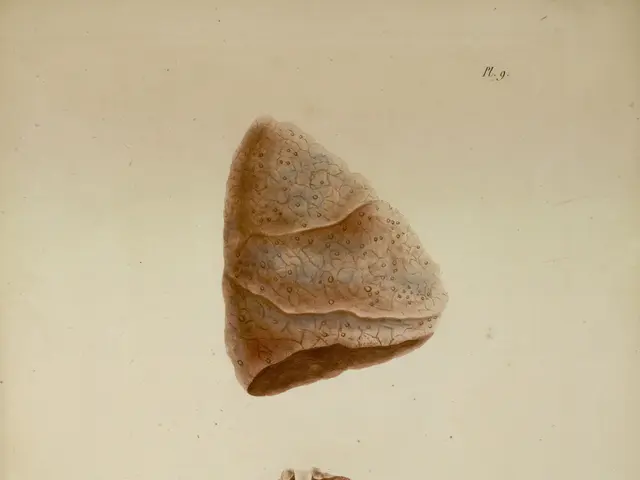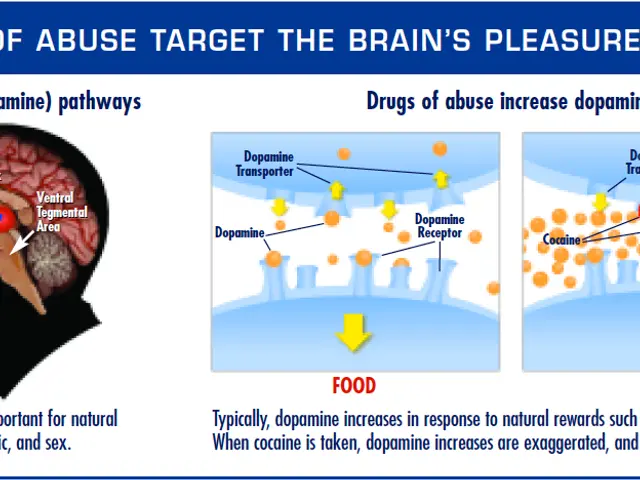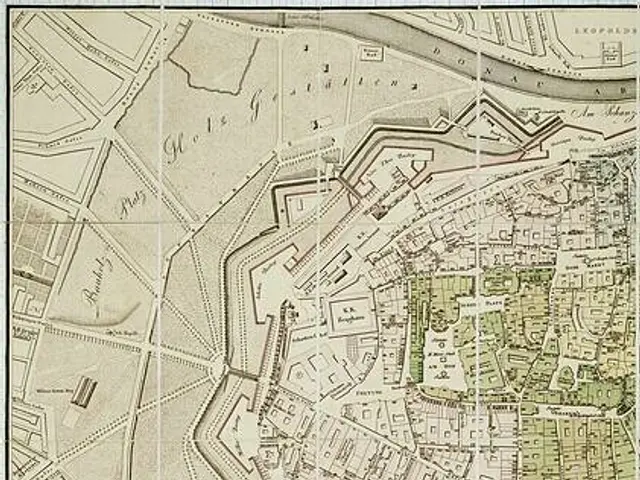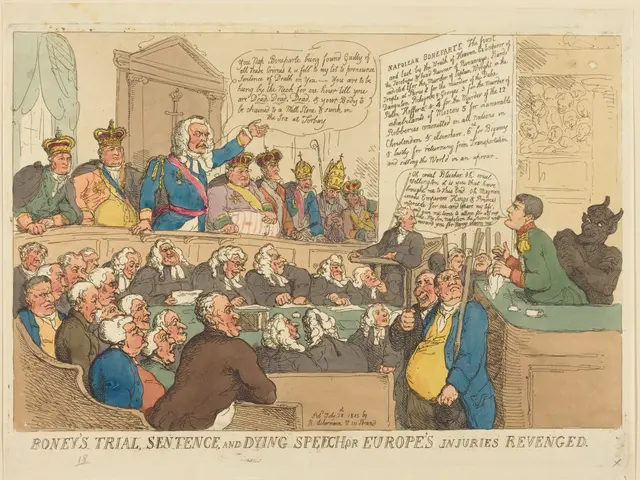Three Scientists Win Nobel Prize for Immune Tolerance Breakthroughs
Three scientists, Mary E. Brunkow, Fred Ramsdell, and Shimon Sakaguchi, have been awarded the Nobel Prize in Physiology or Medicine. Their groundbreaking work on immune tolerance and regulatory T-cells paves the way for new treatments in autoimmune diseases, cancer, and post-transplant complications.
Autoimmune diseases, such as Type 1 diabetes, Celiac disease, Multiple sclerosis, and Rheumatoid arthritis, occur when the immune system malfunctions and attacks the body's own tissues. The immune system's primary role is to protect us from pathogens, but when it goes awry, it can cause chronic inflammation and organ damage.
Sakaguchi, working at Osaka University, first discovered regulatory T-cells in 1995. These cells prevent the immune system from harming the body. Brunkow and Ramsdell, now at the Institute for Systems Biology and Sonoma Biotherapeutics respectively, later discovered the Foxp3 gene, which controls the development of these crucial regulatory cells. Their collaborative work has opened up new possibilities for treating autoimmune diseases, which are currently incurable but manageable.
The Nobel laureates' findings could revolutionize the treatment of autoimmune diseases, cancer, and complications following stem cell transplants. By understanding and harnessing the power of regulatory T-cells, they offer hope for more effective and targeted therapies in the future.
Read also:
- FDA's Generic Mifepristone Approval Sparks Pro-Life Concerns Over Safety and States' Rights
- Understanding Child Development: Causes and Signs of Delays
- Pope Francis' New Book 'Let Us Dream' Offers Unity and Hope for Post-Covid World
- Stephanie Estremera Gonzalez: From Medical Assistant to Residential Manager at The Point/Arc








